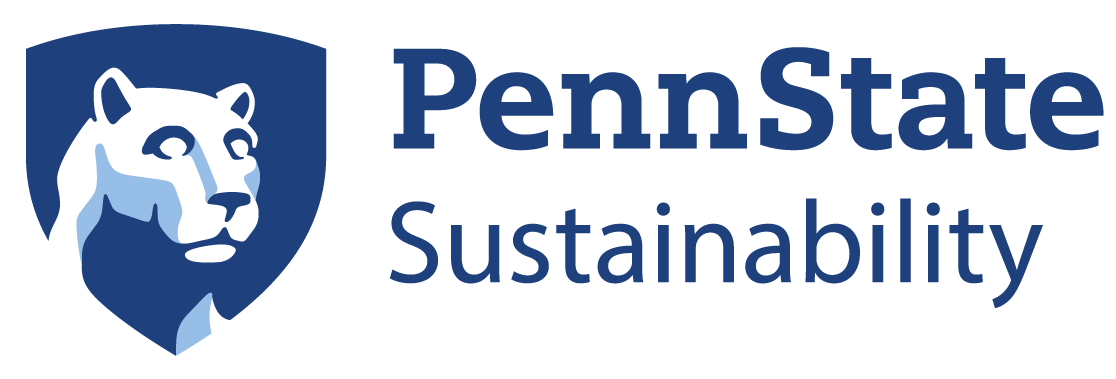Penn State and Shell USA Inc. have announced the launch of a collaboration that will support efforts across the University’s mission of research, education and community impact. An initial commitment from Shell of more than $1 million will fund initiatives focused on energy transition, decarbonization, polymer recycling and biodiversity, and the creation of an inclusive and innovative energy workforce.
“Sustainability is a shared priority and responsibility that will require collaboration among industry leaders like Shell and research institutions like Penn State to develop the advances that will help our commonwealth, nation and world continue to thrive far into the future,” said Penn State President Neeli Bendapudi. “I am grateful to Shell for its ongoing, multifaceted support of this important work, and I am excited to continue exploring how our collective expertise and belief in innovation can create far-reaching positive impacts.”
Emma Lewis, senior vice president for Shell U.S. Chemicals and Products, said, “Our strategy and our purpose is to provide more and cleaner energy for today and the future. This demands we support inclusive and economically vibrant communities. We believe Penn State can be an invaluable partner in achieving this progress. Cooperation among industries and academia represents the pathway to answer the challenges of the future.”
Shell support includes investments in opportunities for Penn State students to build capability and talent for the workforce of the future that will be vital to take on the challenges of a changing energy system. Student organizations in the colleges of Engineering and Earth and Mineral Sciences and the Smeal College of Business received funding for their activities, with a special focus on groups pursuing greater diversity, equity and inclusion in their fields. Shell also has provided resources for hands-on education through Penn State programs, including the Learning Factory in the College of Engineering and field courses in the College of Earth and Mineral Sciences.
Read more about other funding initiatives HERE

